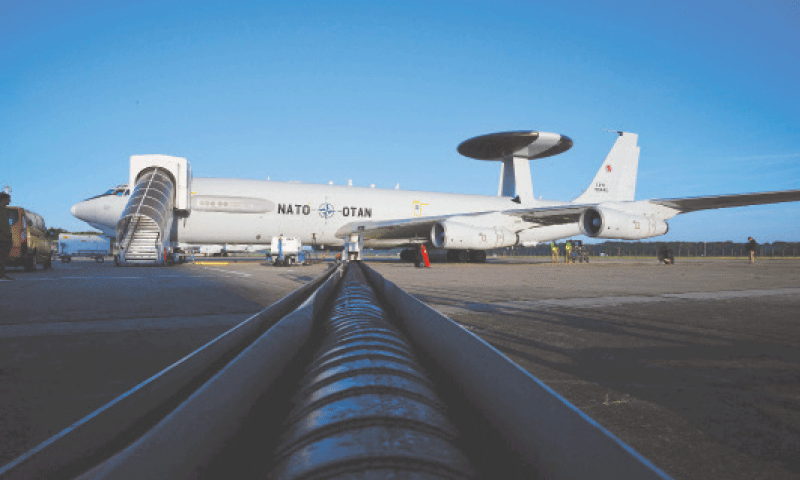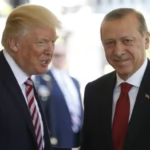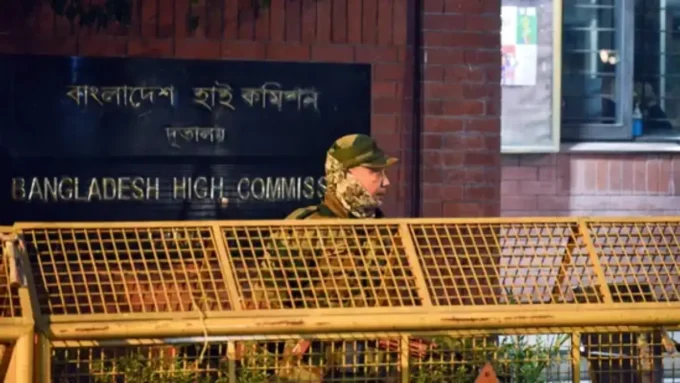VILNIUS – Estonia on Friday accused Russia of an “unprecedentedly brazen” violation of its airspace after three Russian MiG-31 fighter jets entered the Baltic nation’s territory without permission, remaining for a total of 12 minutes. The incursion, which NATO immediately intercepted, marked the fourth such violation of Estonia’s borders this year and came amid heightened concerns about Moscow’s military provocations across Europe.
According to Estonian officials, the jets flew around five nautical miles (9 kilometers) into NATO-controlled airspace before Italian F-35s, currently deployed in Estonia under the alliance’s air-policing mission, forced them back. Foreign Minister Margus Tsahkna condemned the action, saying, “Russia’s ever-increasing testing of borders and aggressiveness must be responded to by rapidly strengthening political and economic pressure.” Estonia lodged a formal protest with Moscow by summoning the senior Russian diplomat in Tallinn and delivering a note of objection.
The incident followed a string of similar escalations by Moscow. Just over a week earlier, more than 20 Russian drones crossed into Polish airspace during the night of September 9-10, forcing NATO jets to down some of them. Western officials said Russia was deliberately probing the alliance’s readiness and resolve. It also occurred just three days after Russia and Belarus concluded joint military exercises that included nuclear weapons launch simulations.
Regional leaders reacted sharply to the incursion. Estonian Prime Minister Kristen Michal announced that Tallinn would ask NATO to hold consultations under Article 4 of the alliance’s founding treaty, which requires members to convene when the security or independence of any ally is under threat. Ukraine’s Foreign Minister Andrii Sybiha called the violation a “direct threat to transatlantic security” and urged that Moscow face “crushing political and economic pressure.”
European Union foreign policy chief Kaja Kallas, a former Estonian prime minister, insisted the incursion was deliberate. “This was no accident,” she said, warning that Moscow’s actions were a clear attempt to intimidate NATO’s eastern flank. Lithuania’s Foreign Minister Kestutis Budrys echoed the sentiment, arguing, “These are not accidents. The Alliance is being tested militarily. We must sharpen NATO’s posture to the point where no one dares to test our deterrence.” Latvia’s Defence Minister Andris Spruds also condemned the violation, stressing that air defence along the Baltics “must be further reinforced.”
Despite the growing alarm in Europe, Washington’s response remained muted. US officials had offered little comment on the recent drone incursion into Poland, further fueling unease among NATO members already concerned about President Donald Trump’s commitment to the alliance.
Meanwhile, Moscow dismissed the allegations. Russia’s ambassador to the UN, Vassily Nebenzia, said he was unaware of the incident and cast doubt on Tallinn’s claims. “I do not trust what Estonia is saying about Russia,” Nebenzia told reporters in New York, adding sarcastically, “How tragic.”
The Baltic states, which share borders with Russia, have long warned that the Kremlin is probing NATO’s defences and testing its resolve. Friday’s violation, however, is being seen as a major escalation in Moscow’s pattern of provocative behaviour, underscoring the urgent calls from Eastern European leaders for a stronger NATO posture in the region.















Leave a comment